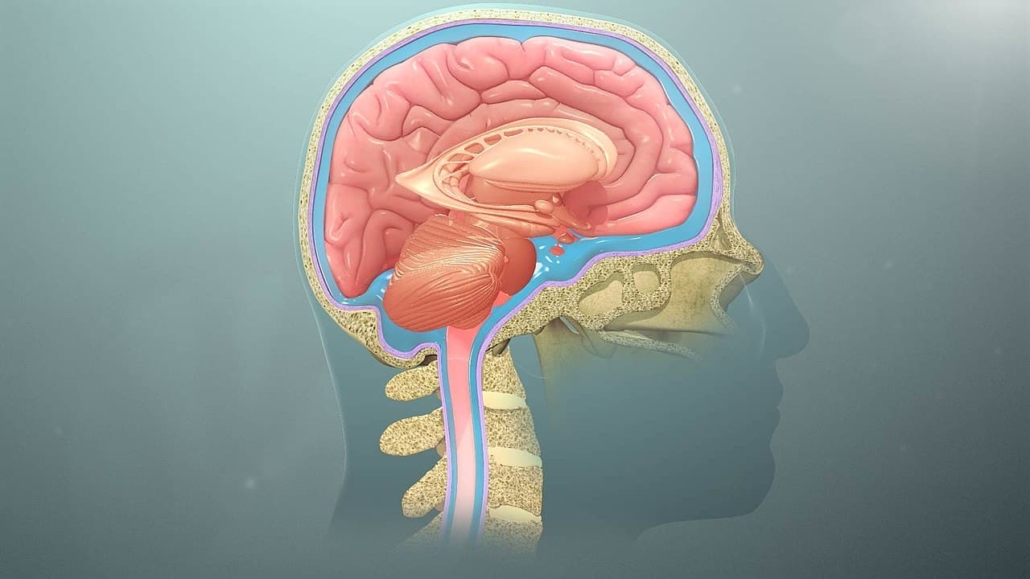Novel paediatric CNS biorepository established in US partnership
COMBINEDBrain and the Medical University of South Carolina have announced a strategic collaboration to establish what they describe as the first biorepository dedicated to paediatric central nervous system tissue and cerebrospinal fluid from neurotypical donors, addressing a significant gap in neurological disease research infrastructure.
New resource targets unmet need in paediatric neuroscience
The partnership between COMBINEDBrain, a Nashville-based translational neuroscience organisation, and MUSC aims to provide researchers and pharmaceutical companies with access to high-quality paediatric CNS samples for biomarker discovery and therapeutic development. The biorepository will house brain tissue, bone, other soft tissues, cerebrospinal fluid, and blood samples collected during neurosurgical procedures.
What distinguishes this repository from existing biobanks is its focus on paediatric populations without diagnosed genetic or neurological diseases. These control samples represent a critical unmet need in the field, providing essential reference material for researchers studying various neurological disorders.
Dr Ramin Eskandari, chief of the Department of Neurosurgery at MUSC, emphasised the repository’s potential impact: “This biorepository is a game-changer for both academia and the pharmaceutical industry. By making these rare and invaluable biological samples available, we are paving the way for more efficient research and drug development. This resource will not only help uncover novel biomarkers but also facilitate the identification of targeted treatments that can transform patient outcomes.”
Standardised collection protocols support drug development
The repository currently contains residual tissue and biofluids collected during routine neurosurgical procedures from paediatric patients. All samples are obtained following standardised protocols designed to optimise sample integrity and preserve biofluid contents for downstream applications. A complete catalogue of available samples can be accessed online at the COMBINEDBrain biorepository website.
Anna Pfalzer, chief scientific officer of COMBINEDBrain, noted the significance of control samples in rare disease research: “At COMBINEDBrain, we’re committed to fostering groundbreaking research to address the urgent needs in rare neurological diseases. It is clear that samples from control participants – children unaffected by rare neurological disorders – is a massive unmet need.”
Applications span drug development lifecycle
The biorepository is designed to support researchers and pharmaceutical companies throughout the drug development process, from early-stage research and preclinical trials through to clinical validation. Access to diverse, well-characterised human CNS tissues and biofluids will facilitate biomarker discovery, enabling improved diagnostic capabilities and more precise therapeutic targeting for rare diseases.
The initiative holds particular promise for neurodegenerative disease research, where early diagnosis and personalised treatment strategies are crucial for improving patient outcomes. The repository will enable researchers to identify biomarkers for monitoring disease progression and evaluating treatment efficacy.
International research community gains access
The collaboration represents a pooling of resources, expertise, and infrastructure between the two institutions to create a resource accessible to the international research community. The organisations position the biorepository as an essential tool for advancing understanding of neurological diseases affecting millions worldwide.
The partnership leverages MUSC’s standing as a nationally recognised academic health system with emphasis on neuroscience research, combined with COMBINEDBrain’s focus on translational research and collaboration amongst researchers, clinicians, and industry partners.
According to the organisations, this is the first biorepository specifically dedicated to collecting and storing paediatric samples from individuals who are neurotypical but undergoing surgery. This approach provides researchers and drug developers with critical reference material previously difficult to obtain for paediatric populations.


